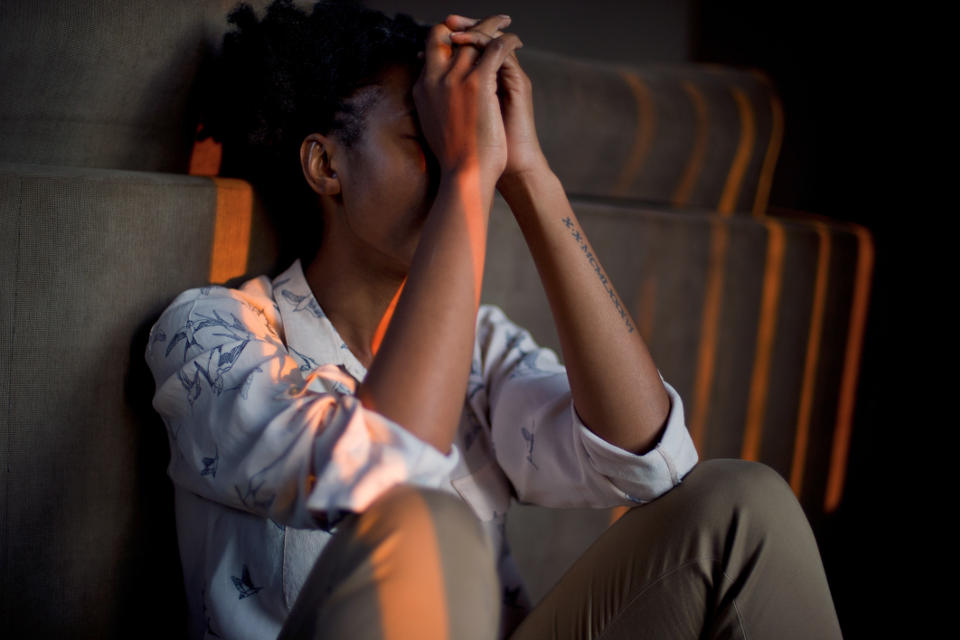According to the Center for Disease Control and Prevention, over 35% of Americans get less than seven hours of sleep per night – and 1 in 20 have fallen asleep at the wheel in the past month! Lack of sleep is also severely impacting teenagers – one national poll found that 87% of U.S. high school students get far less than the eight to 10 hours recommended. This can lead to a myriad of issues such as lack of concentration, poor grades, anxiety, depression, drowsy-driving incidents, and even thoughts of suicide and suicide attempts. Here are 5 sleep deprivation facts to help shed light on this serious issue.
5 Sleep Deprivation Facts
-
- Sleep deficiency is linked to chronic health issues such as heart disease, high blood pressure, stroke, diabetes, obesity, and depression. (source) It can also increase risk of injury and even death no matter your age. The National Heart, Lung, and Blood Institute also reports that 50 to 70 million Americans have chronic sleep disorders.
-
- Sleep deprivation has been used as a torture and interrogation technique for centuries. (source) A report released by the U.S. Senate Select Committee described sleep deprivation among the “enhanced interrogation techniques” used during the CIA’s detention and interrogation program following 9/11.
-
- 52.5% of children aged 4 months to 14 years get less than the recommended amount of sleep in Mississippi. (source) Minnesota has the lowest percentage of children not getting enough sleep at 25.2%.
-
- West Virginia is the most sleep-deprived state in America. (source) 43% of adults in West Virginia report getting an average of under 7 hours of sleep each night. In Mingo County, West Virginia, 49% of people report insufficient sleep.
-
- The longest someone has gone without sleep is 11 days and 25 minutes. (source) The record was achieved in 1963 by 17-year-old Randy Gardner. After he successfully broke the world record, he was taken to a hospital where researchers monitored his brain waves after he finally went to sleep. He slept just over 14 hours and woke up groggy, but “not any groggier than a normal person”. The Guinness Book of World Records has since done away with the category of going without sleep because of the significant health dangers. In his 60s, Gardner suffered unrelenting insomnia that lasted years. He suspects his teenage stunt was to blame.




